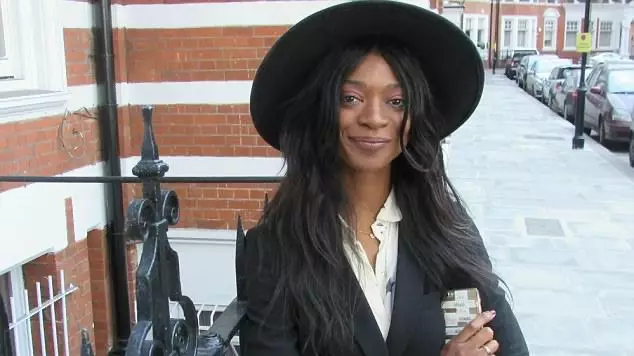
Words by Jamila Robertson
As the movement against the murder of George Floyd has gathered pace, people of all ethnicities seem ready to hear what is being said.
More than ever feel safe enough to open up: to protest and rally without backlash and without fear of hurting their career, reputation, or image; without fear of being seen as a trouble maker and without fear of fulfilling a presupposition.
Advert
So I want to say thank you. Thank you to all of you who get it, or are trying to get it. It is never too late to make a difference and no contribution is too small.
This was precisely why I started my makeup app. Because I had to do something, however small. I started Slapp because I had been left out and it didn't feel good.
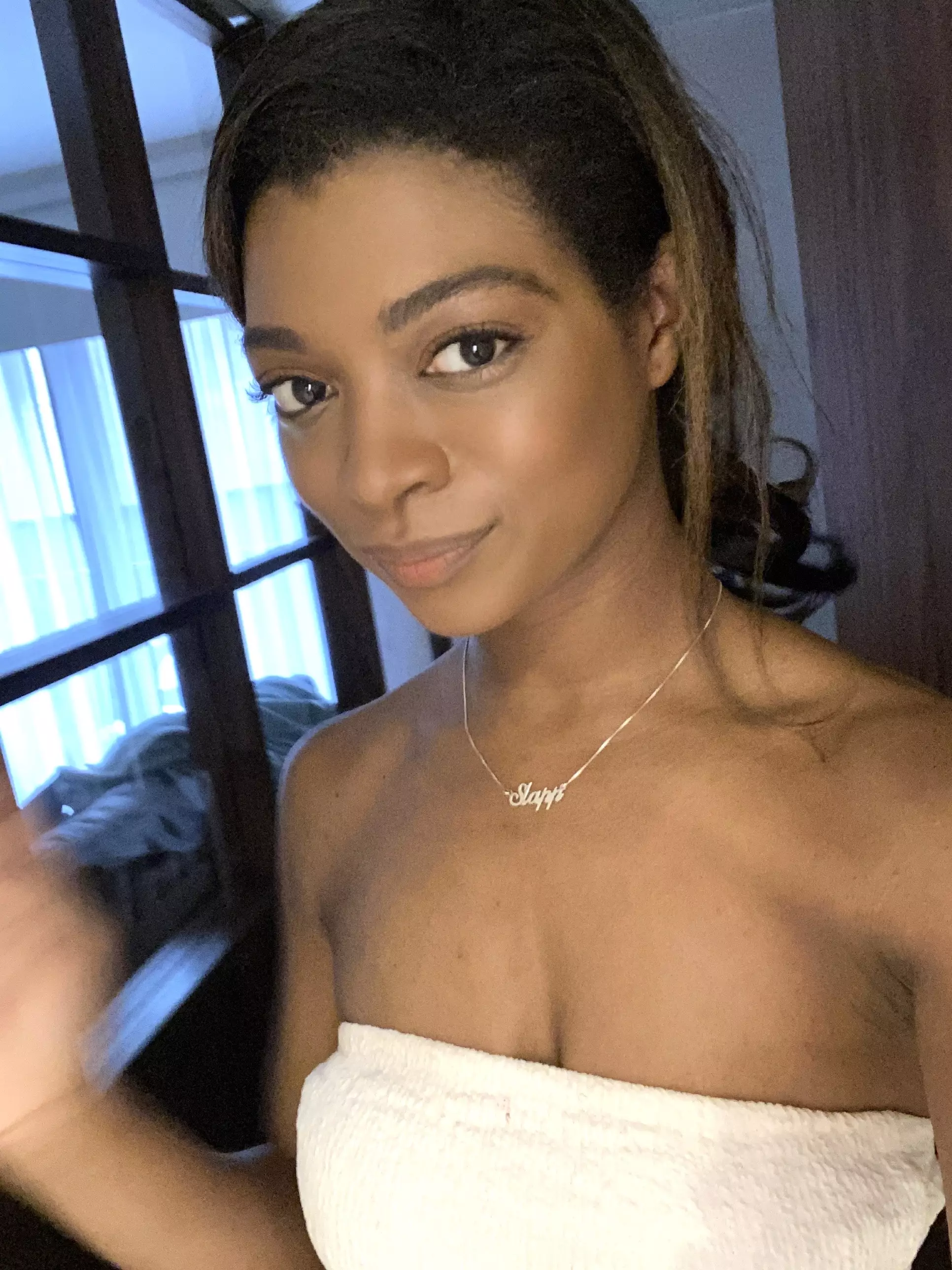
After years of visiting press days, beauty counters and seeing near enough the same landscape that I had seen 15 years prior, I decided that I would try to bring about the change I wanted to see.
Advert
I decided to create an app: a safe space where everybody could shop, whatever their skin tone, budget or location.
I decided to only feature brands that catered to everyone. And with that simple rule, I hoped that we would encourage brands to become more inclusive and want to be considered inclusive.
Thankfully with the help of Fenty Beauty, being considered inclusive soon became a very 'fashionable' thing. But I feared it was just that - a trend. As brand after brand tried to outshine one another with 40, 50 and then 100 shades, the message seemed to have got lost.
It was not supposed to be a numbers game; it was about showing people that you value them and showing people who want to buy your product that you care that they do.
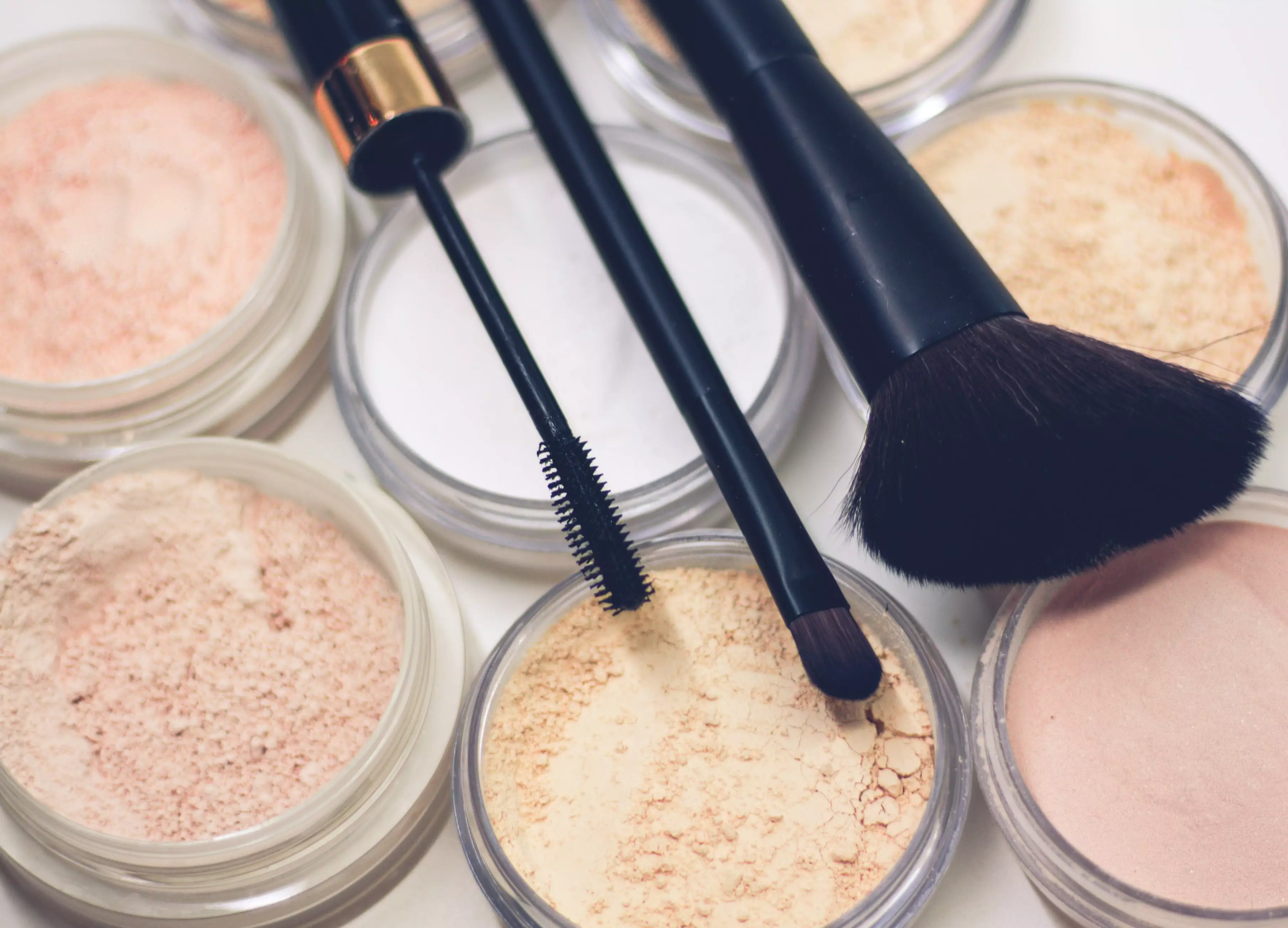
It is sad to think that three years since the beauty industry was "revolutionised" by the launch of Rihanna's inclusive Fenty Beauty line, we've seen it slip back into old worrisome old ways.
Advert
The problem is inconsistency and indifference. The likes of Chantecaille, Cle de Peau and Sisley refuse to even feign inclusion. And I believe it is also up to retailers to stop giving shelf space to brands that do not align with the values they purport to have.
In some cases it is not easy; brands are inconsistent. In June 2018, Dior launched the inclusive Face and Body Foundation. But just last month, it launched its Summer Skin Tint in four light-medium shades.
Even Nars, who have always been inclusive and used Naomi Campbell as the face of the brand in December 2018, currently have just two cushion foundations with shades only going up to Medium.
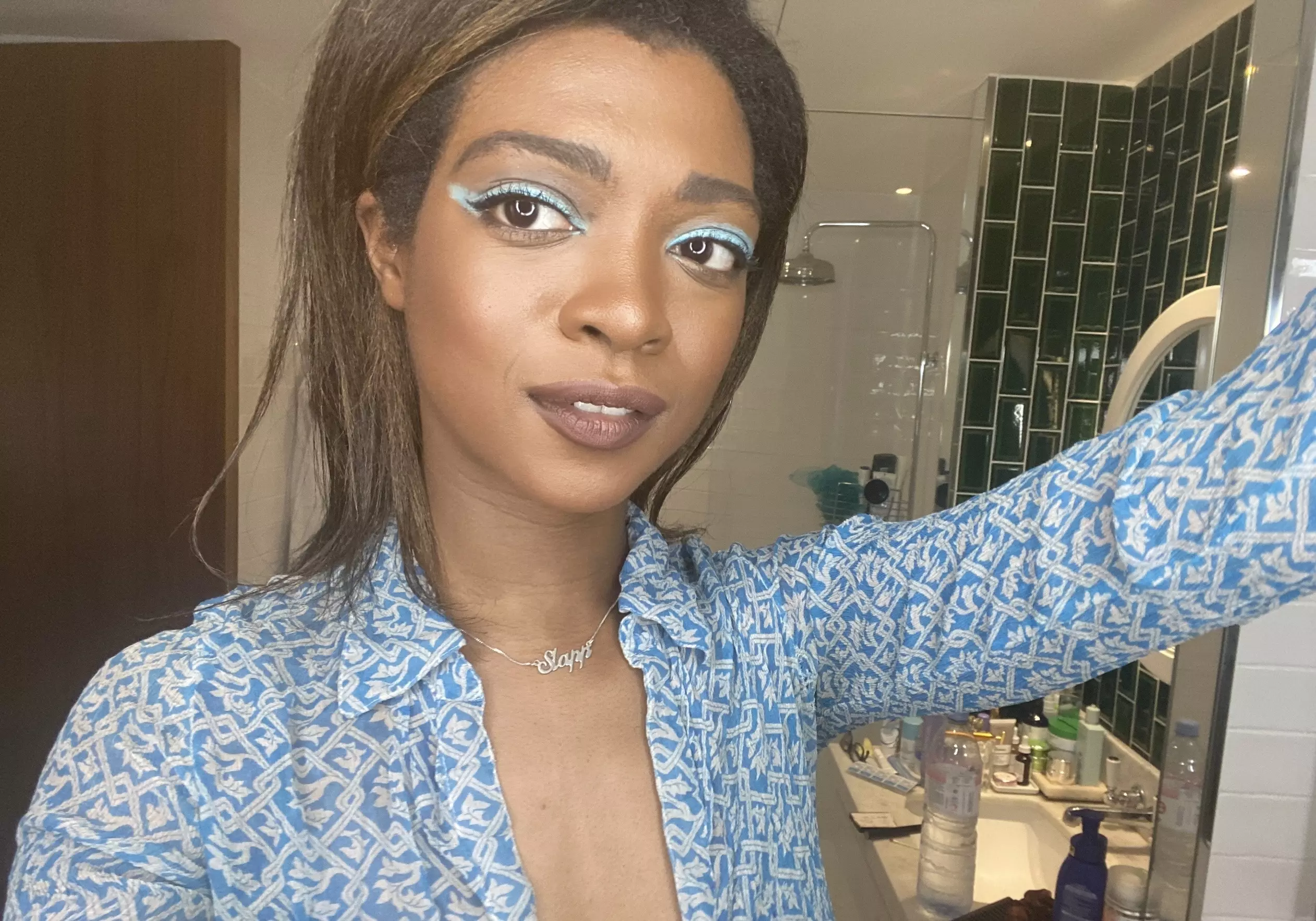
This is one of the biggest issues the beauty industry needs to address. It is inconsistency in inclusivity. It is inclusion in some product ranges and exclusion in others. It is rolling out the red carpet one minute and pulling it out from under us the next. It is featuring Black models in a campaign, but not providing shades for the young Black woman visiting the counter beneath it.
Advert
It is tiring and it gets old. And for Black people in the US, the UK and the world over, it is a constant worry; that we will take one step forward and 50 steps back. That change will come, but just for a little while.
It is sad and I hope that the events of recent weeks are a result of a collective exhaustion with the impermanence of change.
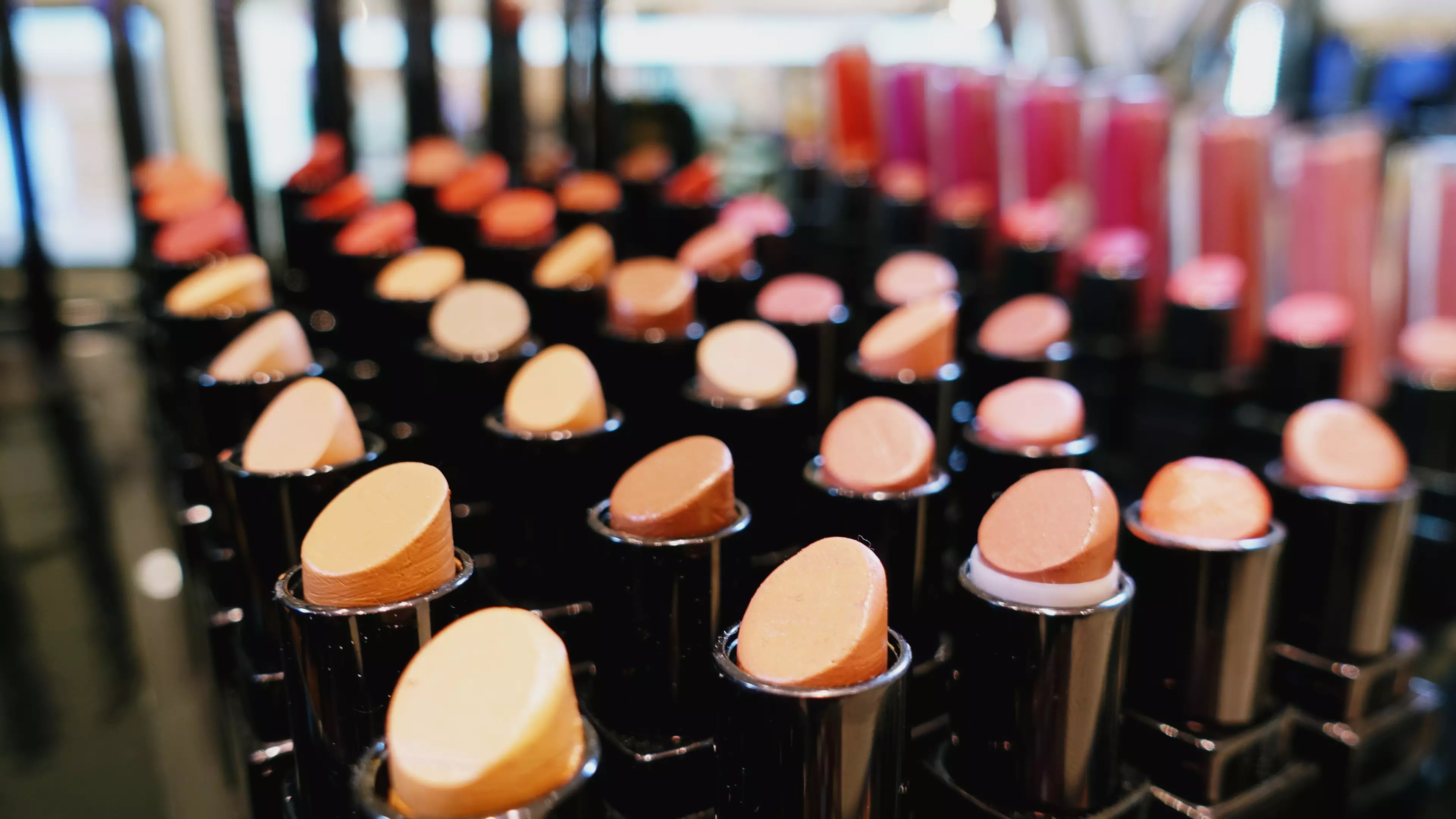
So what is the solution? There are so many fantastic suggestions being offered up right now, but I think the industry should focus on two: allyship and inclusivity.
Advert
1. Allyship
I love that this has emerged as a term in this recent fight for equality. I love that Black people have allies in their friends, colleagues and peers. I love that our allies are standing with us and are truly earnest in their desire to hear and help. We can only do this together and I feel like this is finally a fight that more people want to join.
One of the most beautiful social media trends over the last few weeks has been creators tagging their friends, supporters and other Black creators that they admire. It demonstrates how many incredible Black voices and sources of inspiration and Influence are out there, and I would ask all creators to continue to support them. Confront discrepancies, challenge why there are no brown faces on a press trip and suggest friends.
When reviewing products, I love that influencers are calling out brands for having a poor shade range, but let's take that one step further; let's do what Slapp does and stop featuring these brands or product ranges altogether. Let's omit those who omit. If we all did this, I'm pretty sure that brands would learn to become truly inclusive pretty quickly. This leads me to my second point...
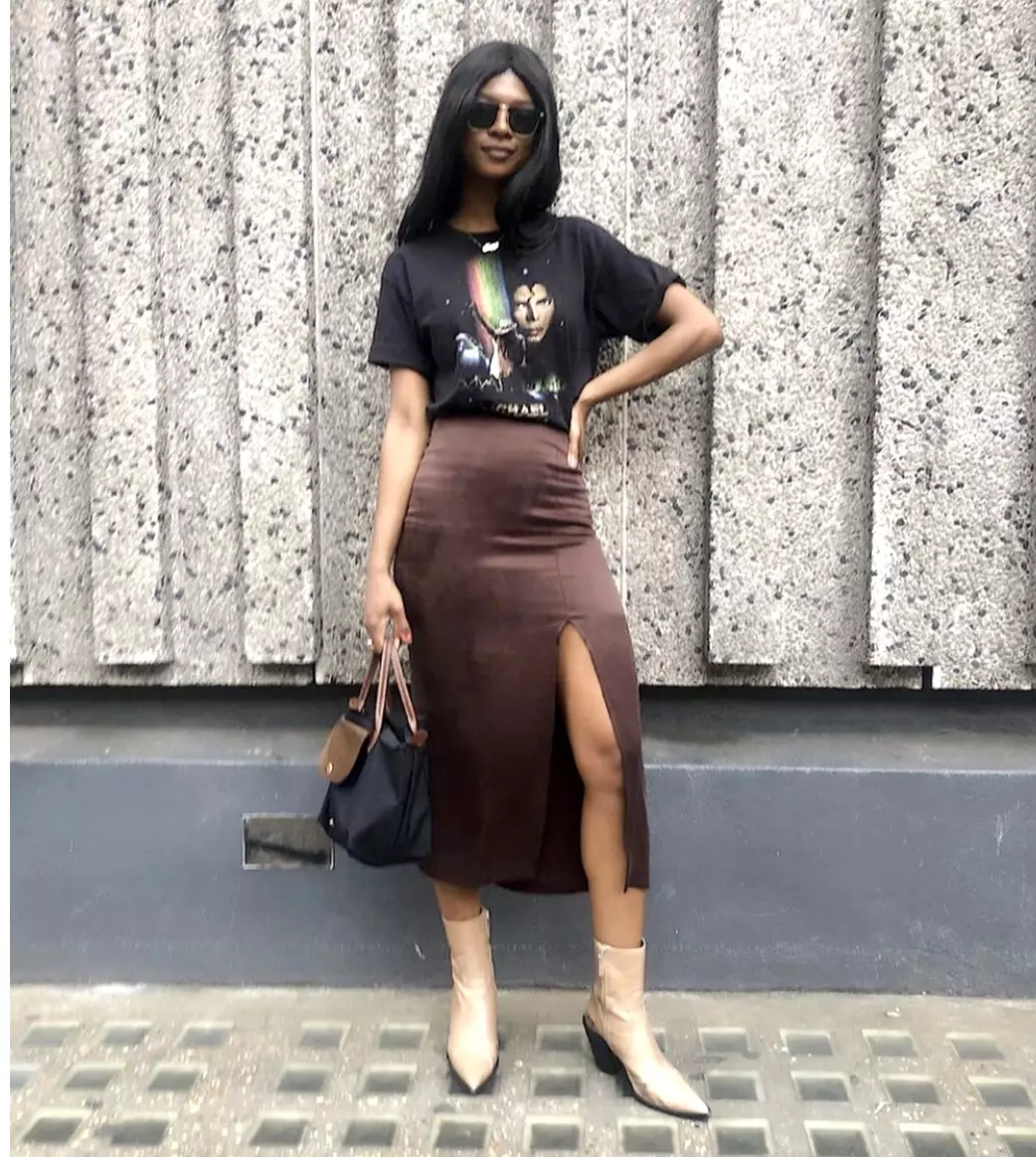
2. Inclusivity.
I truly believe this is the solution to 70 per cent of our issues and inclusivity is needed in every space. We need inclusivity behind the camera as well as in front of it. I refuse to believe that there are not qualified and capable people of colour available for these jobs (I know that to be true because I am one, and trained with many).
But if there are not, maybe keep that intern on for another three months and train them up. It will avoid you putting a child in an offensive jumper (H&M) or creating racist turtlenecks (Gucci). I see that as money well spent.
If you are hiring and you see a name on a CV you can't pronounce, don't turn it over in fear you will get it wrong; invite them to interview and ask them how they pronounce it.
If you are in an office and don't see any diversity, question it. Challenge the status quo. And if you are a person of authority in a workplace, do not see it as a criticism, but an opportunity, if a member of your team suggests hiring, or working with an ethnic minority. These are opportunities to grow, to expand your knowledge, expand your circle and expand your perspective.
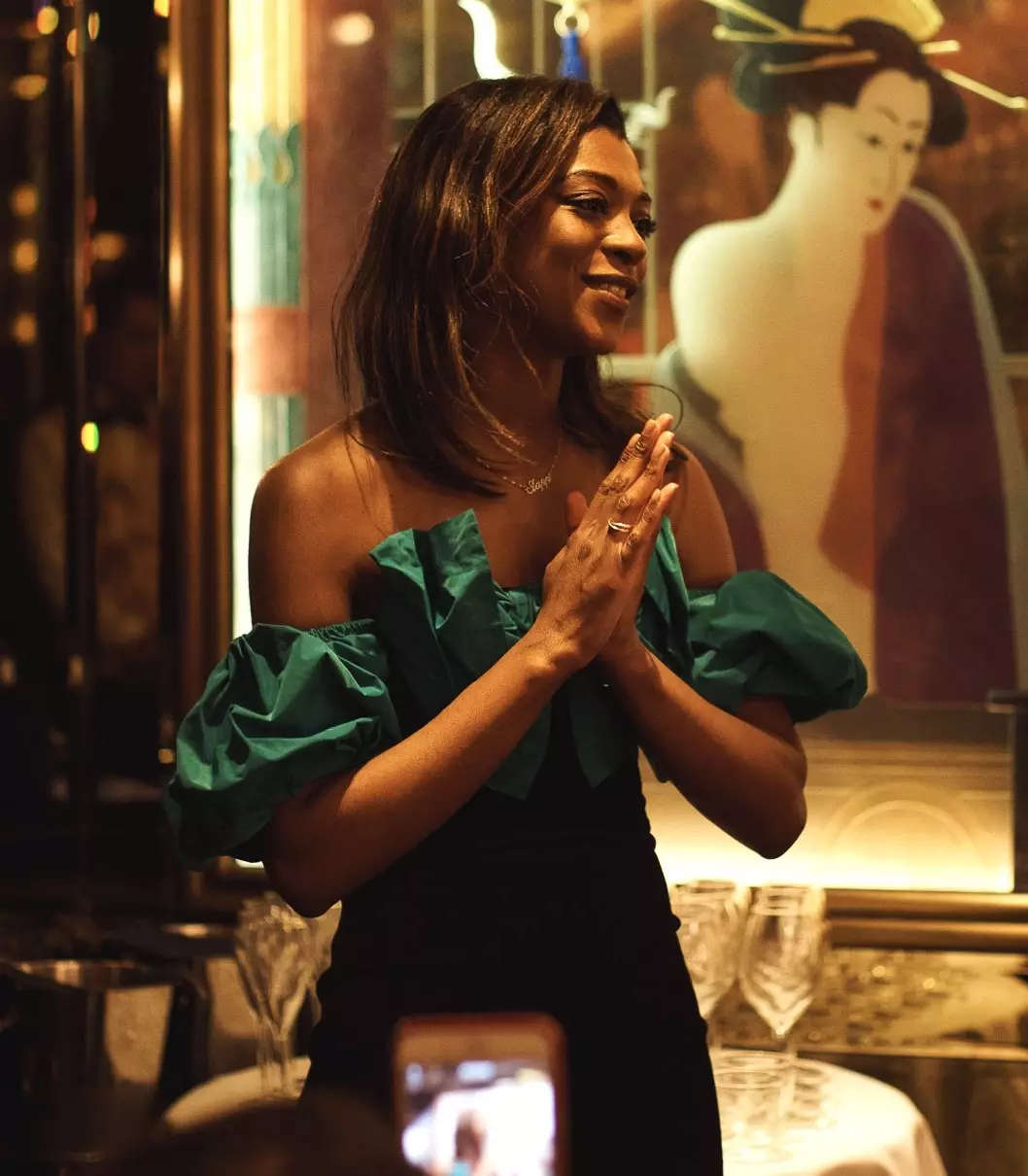
In recent weeks, Aurora James and Sharon Chuter (alongside mega influencer Jackie Aina), have proposed smart and actionable steps in the right direction.
James, founder of luxury accessories brand Brother Vellies, suggested retailers assign 15 per cent of shelf space to Black businesses, with the @15percentpledge.
Chuter and Aina encouraged brands to #pulluporshutup, taking the lead from Rihanna's rousing and prophetic NAACP speech in which she recommended that friends of other races "pull up" for one another. Chuter and Aina have asked brands to publish their figures on the number of Black people employed at board and executive level.
I think this is a fantastic initiative and one that I hope will motivate businesses who may be too embarrassed to share, to reflect and act on in the coming months.
Corporate donations are fantastic, but this should not be a case of charity. It would be more beneficial in the long term, to invest these donations into jobs within the company for people of colour.
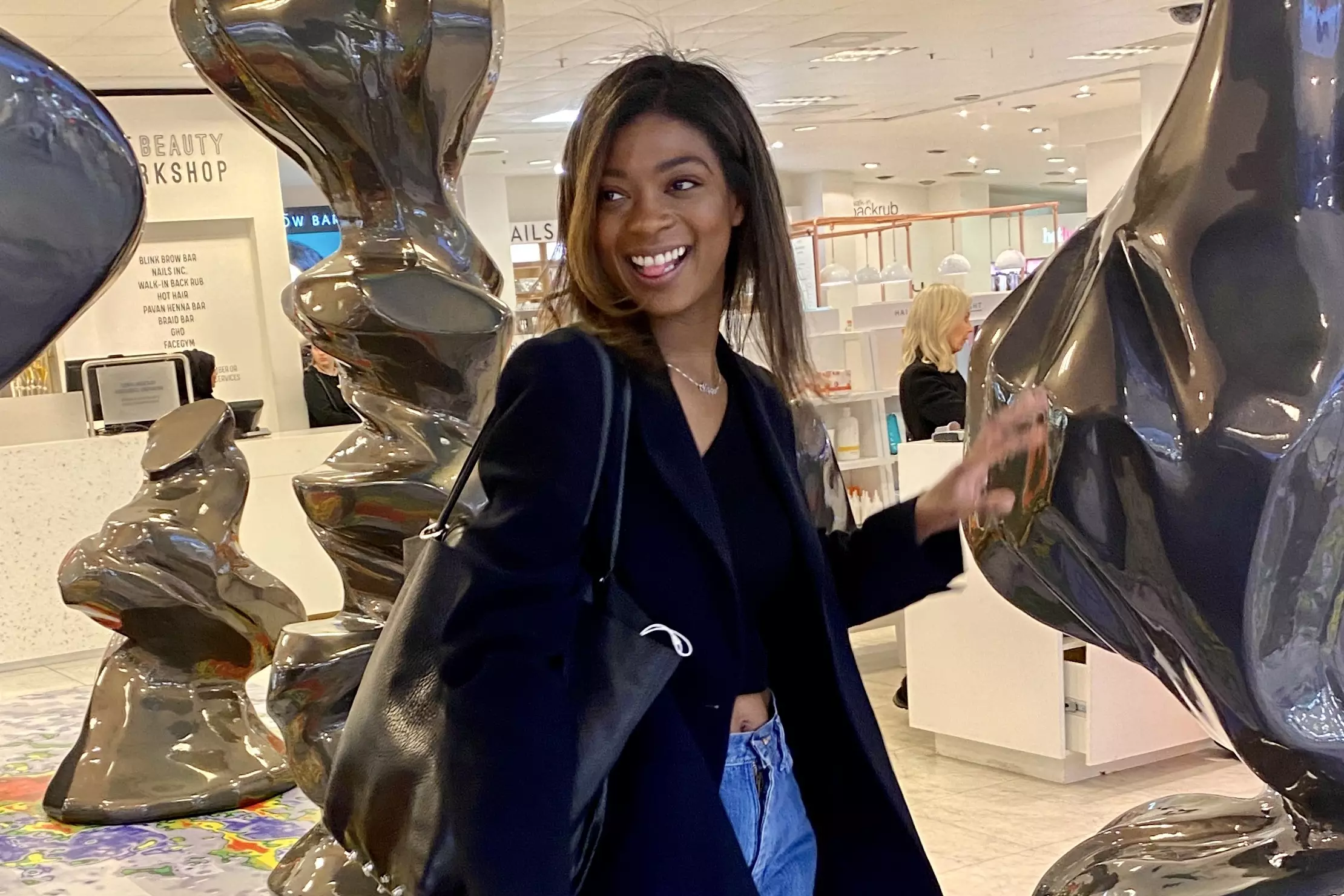
If we must embarrass companies into doing better, then so be it. Sometimes it takes being confronted with yourself, to see that what you are allowing to be done is wrong.
I think this is a reason so many more of us have been motivated to change. We have had time to reflect on how barbaric a punishment was exacted for an alleged and petty crime and how a policeman knelt on a man's neck until he died, simply because that man was Black and the officer thought he was better than him.
To stop these terrible things happening to one another, we have to re-evaluate every corner of our lives; how we treat people in public, how we treat people at work and how we treat people when they're not in the room.
If time out has taught us anything, it is that we can do better - and that we still want to.
Featured Image Credit: Jamila RobertsonTopics: Hair and Beauty, Black Lives Matter, Life News, Beauty, Style News